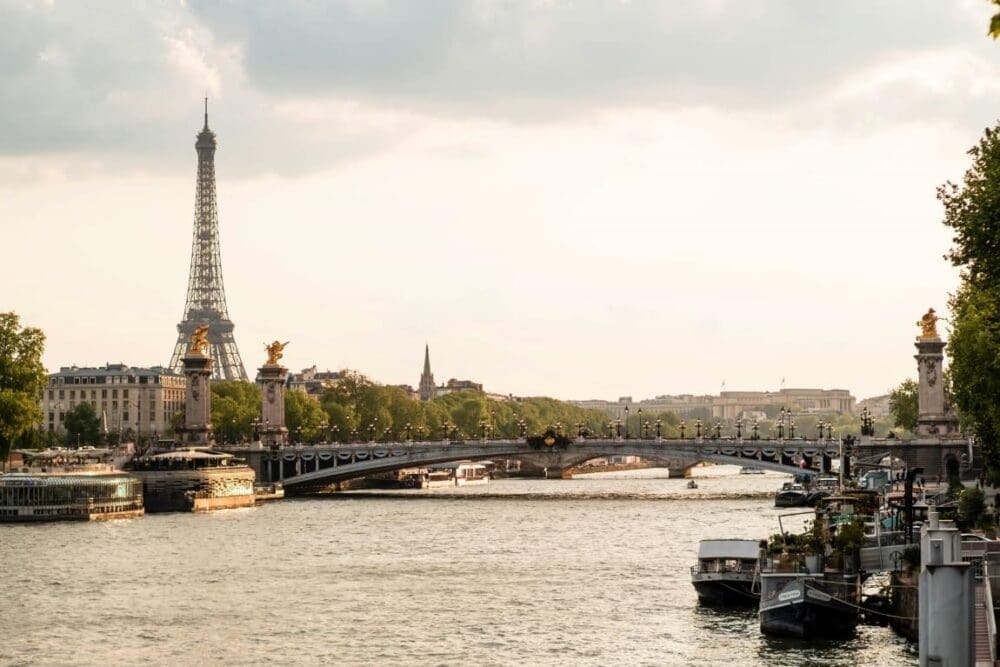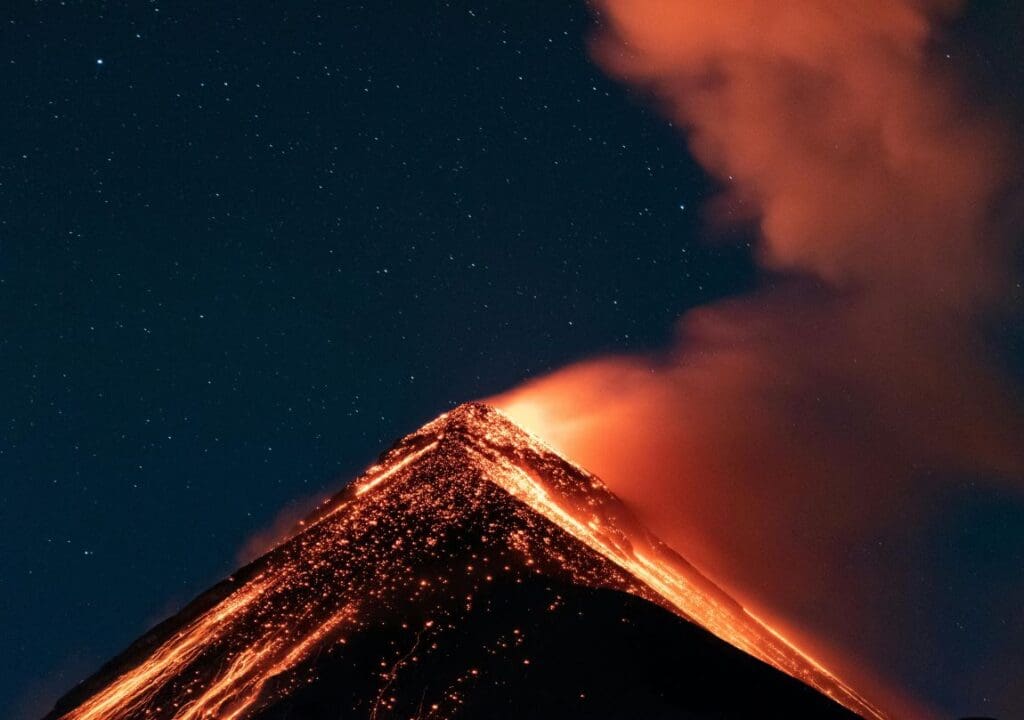Paris, France | AFP | Muser NewsDesk
Olympic organisers cancelled a second day of triathlon training in the River Seine on Monday due to water pollution, increasing uncertainty over whether the men’s and women’s races will go ahead as scheduled in the coming days.
The men’s race is set to take place on Tuesday morning, with organisers set to make a last-minute decision when they have reviewed the latest laboratory results overnight.
The waterway is still polluted after heavy rain storms on Friday during the opening ceremony in Paris and again on Saturday, which led to discharges of raw sewage.
In a joint statement, Paris 2024 organisers and World Triathlon said they had taken the decision to cancel Monday’s swimming training session because “water quality levels… do not present sufficient guarantees” to allow it to take place.
They added, however, that they remained “confident” that pollution would drop before the start of competition given the current bright, sunny weather which helps keep bacteria levels down.
If the men’s triathlon does take place tomorrow it will be in high-temperatures above 30 degrees Celsius (86 degrees Fahrenheit), while a threat of storms has emerged that could have an impact on the women’s race which is scheduled for Wednesday.
Christophe Calas, a weather forecaster based at the Paris 2024 organising committee, told reporters on Monday that storms were moving towards Paris from central France and could hit on Tuesday evening.
“There’s still a lot of uncertainty on their trajectory, their intensity. We can’t say anything for certain,” added Calas, who works for the French national forecaster Meteo France.
“If there’s a storm over Paris tomorrow night that results in significant amounts of precipitation that would have an impact on water quality in the Seine,” he added.

Legacy
French authorities have invested 1.4 billion euros ($1.5 billion) over the last decade to clean up the Seine, including in major new water treatment and storage facilities in and around Paris.
But heavy downpours still overwhelm the city’s underground drains and sewage system, leading to untreated effluent being released into the waterway.
Due to an exceptionally wet spring and start to summer, the Seine had been consistently failing water tests until the start of July, causing a major headache for Paris 2024 organisers.
Levels of the Escherichia coli (E. coli) bacteria — an indicator of faecal matter — were sometimes 10 times higher than authorised limits.
The triathlon is the first Olympic event set to take place in the river, before marathon swimming in the second week of the Games.
The men’s race is seen as being unpredictable, with all three medallists from Tokyo 2020 — Norwegian Kristian Blummenfelt, Britain’s Alex Lee and New Zealander Hayden Wilde — set to race, while French favourites Leo Bergere and Dorian Coninx are also strongly tipped.
Paris 2024 organisers have built flexibility into their schedule and have the ability to delay the races by several days.
As a last resort, they have said they would cancel the swimming leg of the triathlon and turn the race into a duathlon — with only running and cycling — while the marathon swimming could be moved to Vaires-sur-Marne, on the Marne river east of Paris.
On July 17, Paris Mayor Anne Hidalgo swam in the Seine along with Paris 2024 chief organiser Tony Estanguet to demonstrate it was ready for the Olympics.
The Socialist city leader plans to create three public bathing areas in the Seine for Parisians next year — a century after swimming was banned in the river.
pyv-dec-adp/rox
© Agence France-Presse
Article Source:
Press Release/Material by Pierrick Yvon | AFP
Featured image credit: Alejandro Aznar | Pexels




